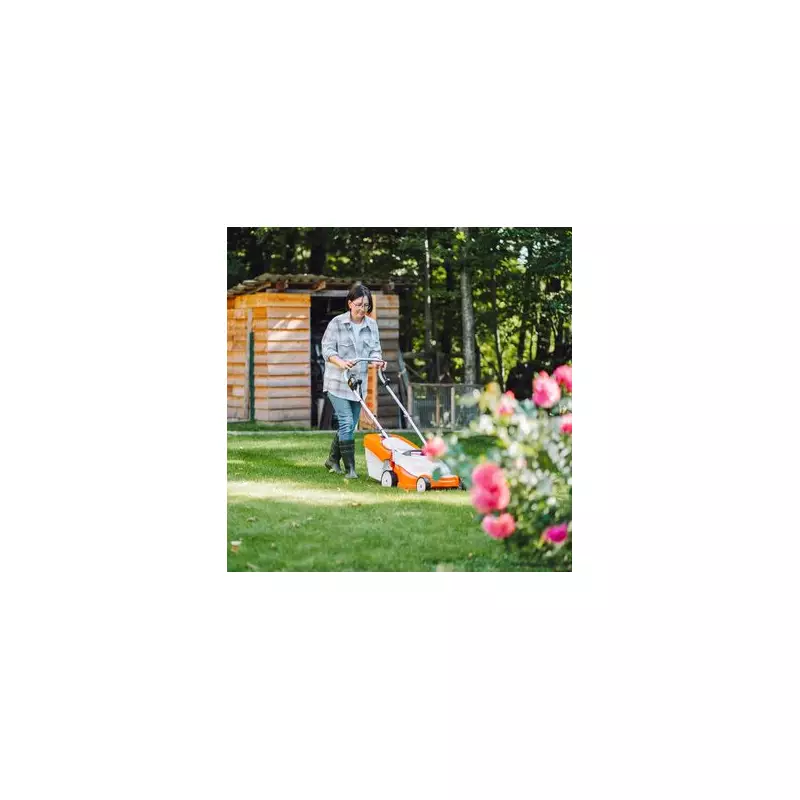
Green-fingered Brits are being issued an urgent warning this summer: a common gardening oversight could land you with a staggering £5,000 fine or even a criminal record. The culprit? Failing to properly control highly invasive plant species that might be lurking in your borders.
While the urge to get pruning and clearing is strong during the warmer months, experts caution that a misplaced cut or improper disposal of certain plants can have serious legal and financial consequences. It’s not just about garden aesthetics; it’s about the law.
The Usual Suspects: Plants That Pack a Punishing Punch
Two non-native species are the primary offenders that every UK gardener must be able to identify:
- Japanese Knotweed: This fast-growing plant with bamboo-like stems and shovel-shaped leaves is notorious for its ability to damage property foundations and drains. Crucially, it is illegal to cause it to grow in the wild. Improperly disposing of it by simply dumping it or including it with your green waste can lead to an unlimited fine or even prison time under the Wildlife and Countryside Act 1981.
- Giant Hogweed: This plant poses a direct public health risk. Its sap is highly toxic and can cause severe, painful burns and blistering when it comes into contact with skin, followed by exposure to sunlight. Like knotweed, it is a legal offence to plant or cause it to grow in the wild.
Why Is The Risk Higher In Summer?
The summer season creates a perfect storm for this issue. Increased gardening activity means more people are digging, cutting, and clearing. Furthermore, these plants are at their most visible and vigorous, making misidentification and careless handling more likely.
Cutting or strimming these plants, especially Giant Hogweed, can inadvertently spray harmful sap around, putting you and your family at risk. Simply dumping garden waste over a fence or in a local woodland can be considered illegally spreading the plant, opening you up to prosecution.
How To Garden Safely And Legally
If you discover one of these invasive species on your property, don’t panic—and don’t just attack it with a strimmer. Here’s what to do:
- Correct Identification: Use online resources from government or gardening charities to confirm the plant’s identity.
- Safe Handling: Wear protective clothing, including gloves, long sleeves, and eye protection, especially for Giant Hogweed.
- Professional Disposal: For Japanese Knotweed, the Environment Agency advises against composting it yourself. It is classified as 'controlled waste' and must be disposed of at a licensed landfill site. Hiring a specialist removal company is often the safest and most legally compliant solution.
- Do Not Spread: Never include these plants in your home compost or council green waste bin unless you have explicit confirmation it is acceptable.
Taking these precautions isn’t just about protecting your garden; it’s about safeguarding your wallet from eye-watering fines and ensuring you stay on the right side of environmental law. A moment of vigilance now can prevent a season of regret later.





